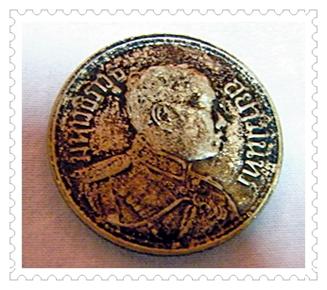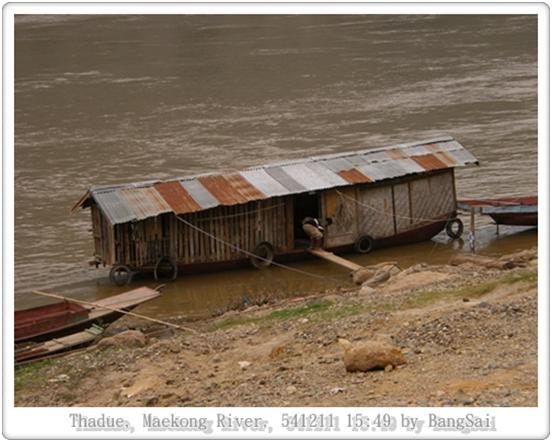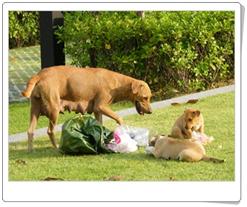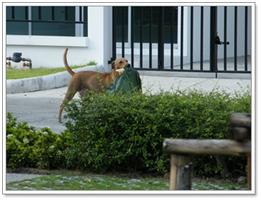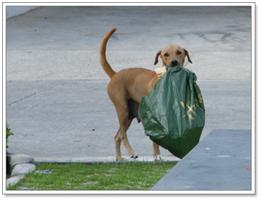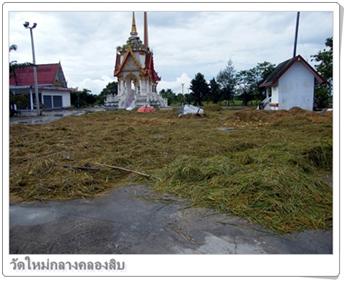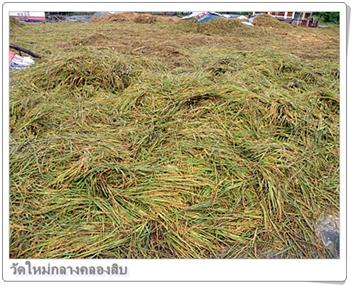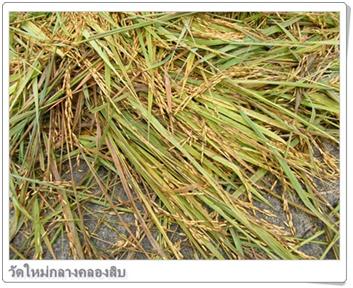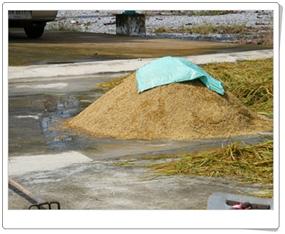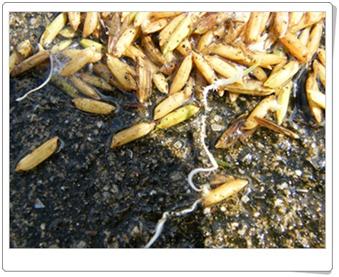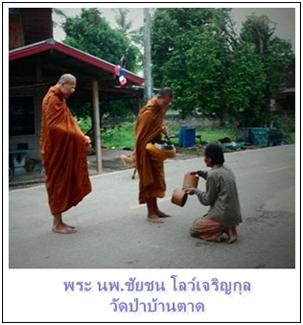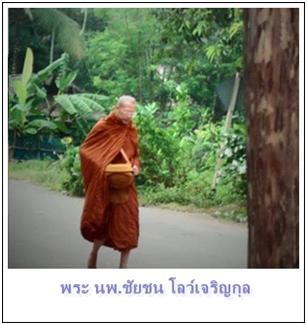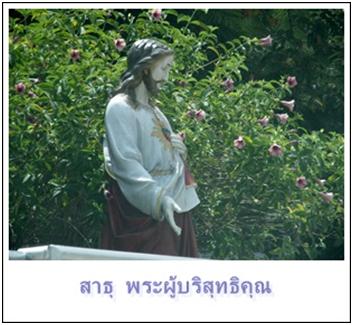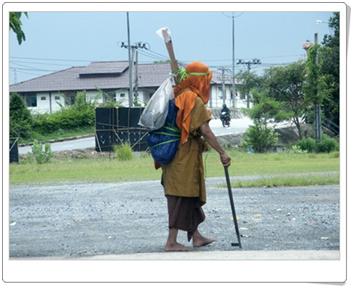Old Comrades
อ่าน: 70848เมื่อสิ้นปีผมไปร่วมงานพบเพื่อนเก่าที่ทำงานพัฒนาชนบทกันที่สะเมิง เชียงใหม่ โดยมี Mr. Klaus Bettenhausen ชาวเยอรมันที่นำมูลนิธิ ฟริดริช เนามัน เข้ามาเมืองไทยและทำงานพัฒนาชนบทในสะเมิงและที่อื่นๆในภาคเหนือ เขามาร่วมงานด้วยเพราะเขาใช้ชีวิตที่เชียงใหม่ มีครอบครัวเป็นคนไทย..หลังจากที่ผมกลับขอนแก่นแล้ว เขาก็เขียนจดหมายมาให้เพื่อนร่วมงานทุกคน รวมทั้งผมด้วย จึงอยากเอามาขยายเพื่อให้เพื่อนเห็นภาพการทำงานในสมัยนั้นครับ พ.ศ. 2518-2522 ครับ
Dear old ‘Comrades’,
I thought of sharing with you some ideas and memories from the ‘good old times’. When, on our meeting in Samoeng Dec 30, I was asked to address you, the honorable guests, I misunderstood. Also, my mind was with my darling wife who was in hospital at that time. Later on, most of our ex-staff reflected on the devt. Work we had done, in the 70ies, in Amphoe Samoeng, THC, Prao and Mae Taeng.
When we started our project, end of 1975, Thailand - and Samoeng - was a different place. All the houses in Samoeng were simple, made from wood. Electricity only in T.Samoeng Tai, in a few villages, from 5 - 10 p.m. The district administration, the police station all very humble, built from solid wood, with simple desks and chairs - and fortified by a protective barrier of wooden poles (against communists).
Our own office, the project office, was of course as simple as the other official places. I can’t recall where exactly we worked before we moved to our own office, on our own strip of land. I only remember that we washed using water from a well which was ice-cold, as it was Nov/Dec when we began the project, 1975.
We started with a questionnaire campaign (forgot details) among farmers, in Wat Huay Kork temple. It was cold - but the response was encouraging. Anyway, at 10 p.m. everybody went to bed. In those years we didn’t drink beer but mostly Mekong. Beer Chang didn’t exist yet, it was just Singh and Amarit.
The staff were driving Honda CT 125 (?) and I had a Land rover 88. There were asphalt roads just up to Chaisit, the Chinese middle man, maybe even less. Any other roads were ‘lug lang’. I remember the difficult stretches from Ban Bong Kwao up to Ban Mae Pae and the hill down in Ban Angkai (T. Yang Myyn). Even the road from Kongkarg Noi to Ban Maesarp was hellish difficult during the rainy season. To drive from CNX to A. Samoeng took 2 hours; sometimes a tree had fallen over and blocked the road.
There were no telephones in Samoeng. Messages were sent by motorcycles; a message from Samoeng Tai to Yang Myyn + a response took one full day. There were only two restaurants, one of them belonging to the local policeman. A post office didn’t exist, there was no bank, there was no hospital.
During the rainy season work was particularly difficult, particularly for professional staff on motorcycles. Clothes were immediately dirtied, splashed with red spots from the laterite roads. Sometimes some staff got stuck somewhere and could not return because the roads were too muddy and impassable; they then had to ‘kin kao ling’. If I remember right, our main food, during the initial years, was rice with yum bei chaa, bla kapong and bla too kemm.
I remember all the site offices we had: Mom in Yang Myyn, Wallop in Samoeng Neua, Kwanchai in Mae Sarp, Ngo in Hard Sompoy and P’Sawat in Samoeng Tai, supported by Sinee and Paisal. In Samoeng Neua I used to sleep at the temple of Ban Balaan, in Yang Myyn at the temple as well.
Our project work, the election of ‘farmer foremen’, their training at the NADC, staying for three days and two nights in Chiangmai, at Wat Sri Gyyd near Wat Phra Singh, the evening classes in the villages, the organizing of training courses, the excursions to other parts of Thailand (Chainat)……..yes, our project seems to have acted as an ‘eye opener’ for our farmers from Samoeng.
Then the politics. The suspicions about what we were doing. It was after all 1975/76. Wallop returning one day from the field with a sickish face; he had been accused of being a communist ! Then October 6, Paisal arrested and ‘invited’, to spend the next 6 weeks (?) in suan garunathep, for indoctrination. One day the then Dy PM, Khun Pramarn Adireksarn, visited the project, landing next to the school of Ban Balaan with two helicopters ! I preesented a statement, in Thai language, arguing against the suspicions of the Thai local authorities who were suspecting us of being communists. - Later Pa Prem took over in BKK and things cooled down.
The Foundation in Germany left our project design mostly untouched but controlled our project activities very closely and there were official visitors to CNX and Samoeng a few times. I remember vividly only one in Yang Myyn when one of our honorable Thai friends tried to communicate with the farang guests explaining them a new approach to frog breeding (offspring twice per year), thereby creating the famous statement ‘one frog tow eggs’ !! The farang guests were most surprised.
All those memories cover the period 1975 - 1988 and deal mostly with our project in Samoeng; I have mucg weaker memories of our work in THC, Prao and Mae Taeng. But those memories are wonderful and so much in contrast to what Thailand is today. Still, if you enter deeper into T. Samoeng Neua, Mae Sap and Yang Myyn - there still some trace, some ’smell’ can be felt when passing through those villages.
One could go on and reflect on the uniqueness of Thailand, it’s friendly and welcoming people, the behavioral pattern of their social relations, the avoidance of conflict, also the political development in the country which, to my understanding, are all the result of the fact that Thailand has never been a colony, never had farang ‘masters’ to ‘civilize and tame’ the Thais. One could even ask whether there is reason to deplore this….
I send my best regards to all of you ! Stay healthy and in good spirits !









